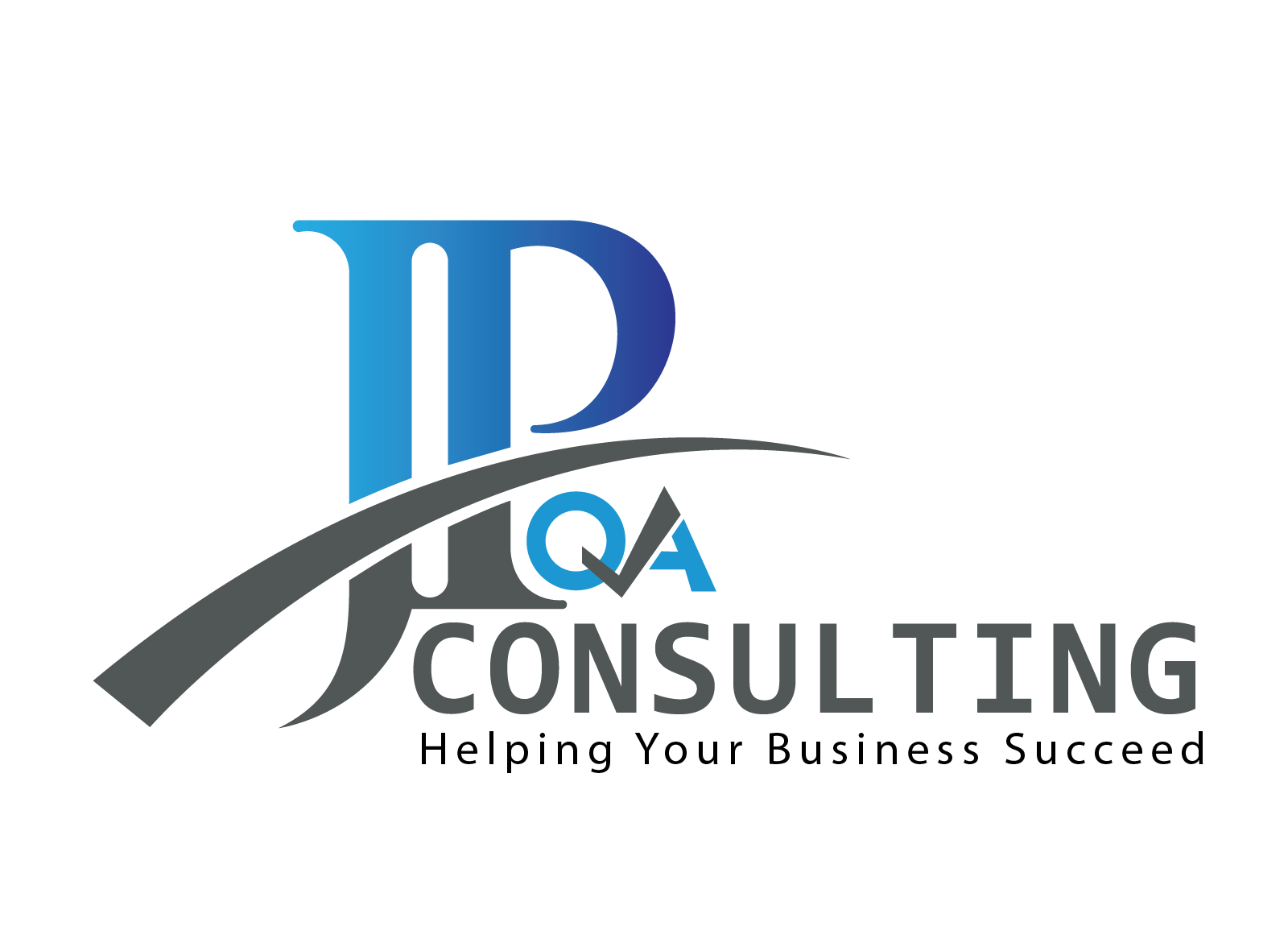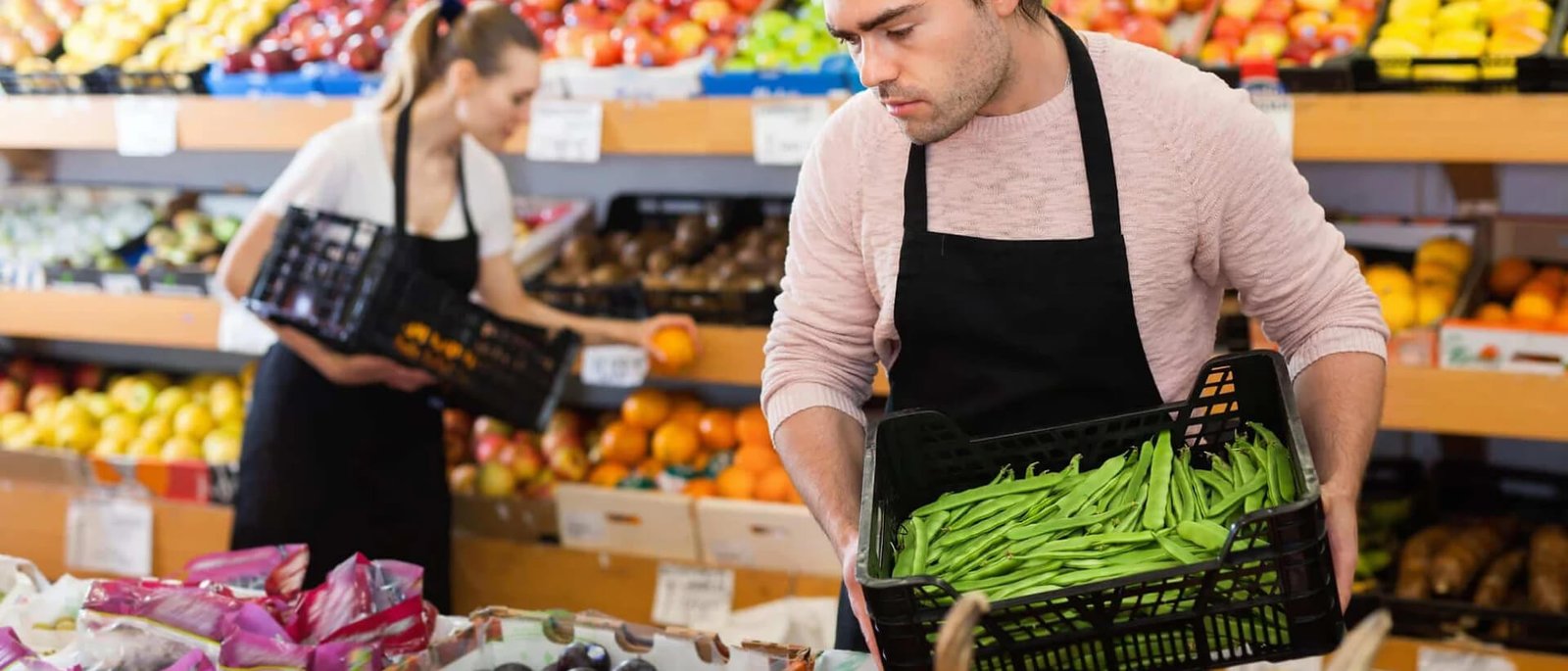Food Safety Compliance
food safety compliance is of utmost importance to ensure the safety and well-being of consumers. With an increasing number of foodborne illnesses and contamination cases, it is crucial for businesses in the food industry to adhere to strict regulations and guidelines in order to maintain the integrity and safety of our food supply.

